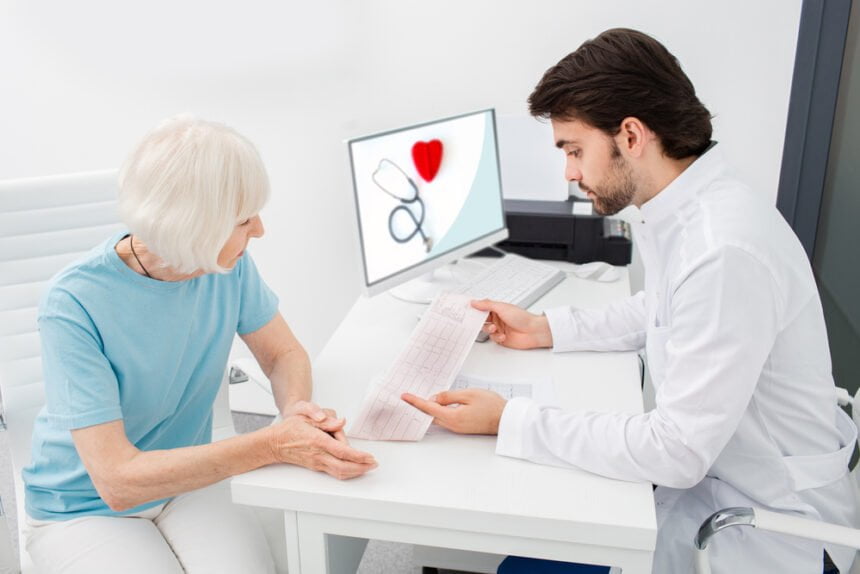Every year, a large number of people die as a result of failing to take their medications as prescribed by their doctors. When prescribed and in the proper manner, medical treatments that are administered correctly can help prevent health conditions from worsening while also lowering the likelihood of hospitalization and death.
Despite this, approximately 50% of the time, medications are not taken as they should.
Why Don’t People Take Medications as Directed?
Medicines are not always used as prescribed for a variety of reasons, and not all of these reasons are intentional. Some people forget to take their medications, while others have difficulty comprehending the instructions on the label. Those who don’t take their medications because they are experiencing unpleasant side effects or just because they believe their medications aren’t effectively treating their symptoms may do so.
Some people skip doses in order to make their medications last longer, while others do so because they cannot afford to refill their prescriptions immediately. Moreover, misusing medications can frequently result in adverse health outcomes, including death.
Benefits of Using Medication Properly
The most significant benefit of taking medication as prescribed is that it results in better health outcomes overall. Doctors prescribe medication to alleviate your symptoms while also assisting you in managing or overcoming certain health conditions. Not taking medications as prescribed can result in worsened health, unwanted side effects, a longer recovery time, substance use disorders, death, and other severe health conditions requiring intensive treatment.
It is possible to save money by using medications correctly, which can help you avoid spending on medication misuses. Thus, you can also try to research on the internet about an app to save on prescription drugs because most of these apps offer the best prices at pharmacies near you and would offer a free prescription discount card that potentially saves you money on your medications.
Tips for Taking Medication as Prescribed
Before starting to use a new medication, carefully read all of the directions on the label. If you are confused or unsure on how to properly take the medication, consult your doctor or pharmacist for assistance and clarification as soon as possible. Using this method, it is possible to avoid misunderstandings that could result in accidentally doubling the dose or using less than intended.
You can also ask your doctor or pharmacist about possible side effects that you might experience as a result of misusing the medication or mixing it with other substances. For example, benzodiazepines and opioids should never be mixed because the combination can result in overdose or death in some cases.
Here are some suggestions for making sure you take your medications as directed:
- Use your medication at the same time each day to avoid doses being taken twice or thrice at the same time each day.
- Ensure that you have an up-to-date list of all of your medications on hand so that every doctor and specialist you see can screen for potentially deadly medication interactions.
- Check to see if your medications should really be taken on an empty stomach or a full stomach before taking them.
- Including your medications in your daily routine will help to ensure that you don’t forget to take them. For example, brush your teeth before going to bed at night or just after eating breakfast.
- Daily pill containers will keep track of whether or not you’ve taken your prescribed doses for the day.
- Fill your daily pill container on the same day every week to avoid accidentally taking two doses at the same time.
- Purchase timer caps for all of your pill bottles so that you can keep records of when you last did take your medications on a daily basis.
- Don’t give away or share medications with anyone else. This practice is illegal and dangerous, and those who take your medications without a valid prescription run the risk of becoming ill as a result.
- When traveling, make sure to bring extra medication in case you end up staying longer than expected.
- Always pack medications in your carry-on bag when traveling by plane to protect them from being damaged by changes in temperature and air pressure. Additionally, you will have it on hand in the event that your luggage is lost or damaged.
- It is important not to stop taking your medication unless instructed to do so by your doctor because stopping some medications suddenly can cause serious side effects.
To Conclude
The use of medication is critical in the treatment of illnesses but can also be dangerous if it is prescribed incorrectly. Know the names of your prescriptions and be familiar with the important details of how they work in order to manage your medications properly. Take the time to educate yourself on the treatment that has been prescribed for you. Your doctor or pharmacist can provide you with assistance in filling your medication prescription.

